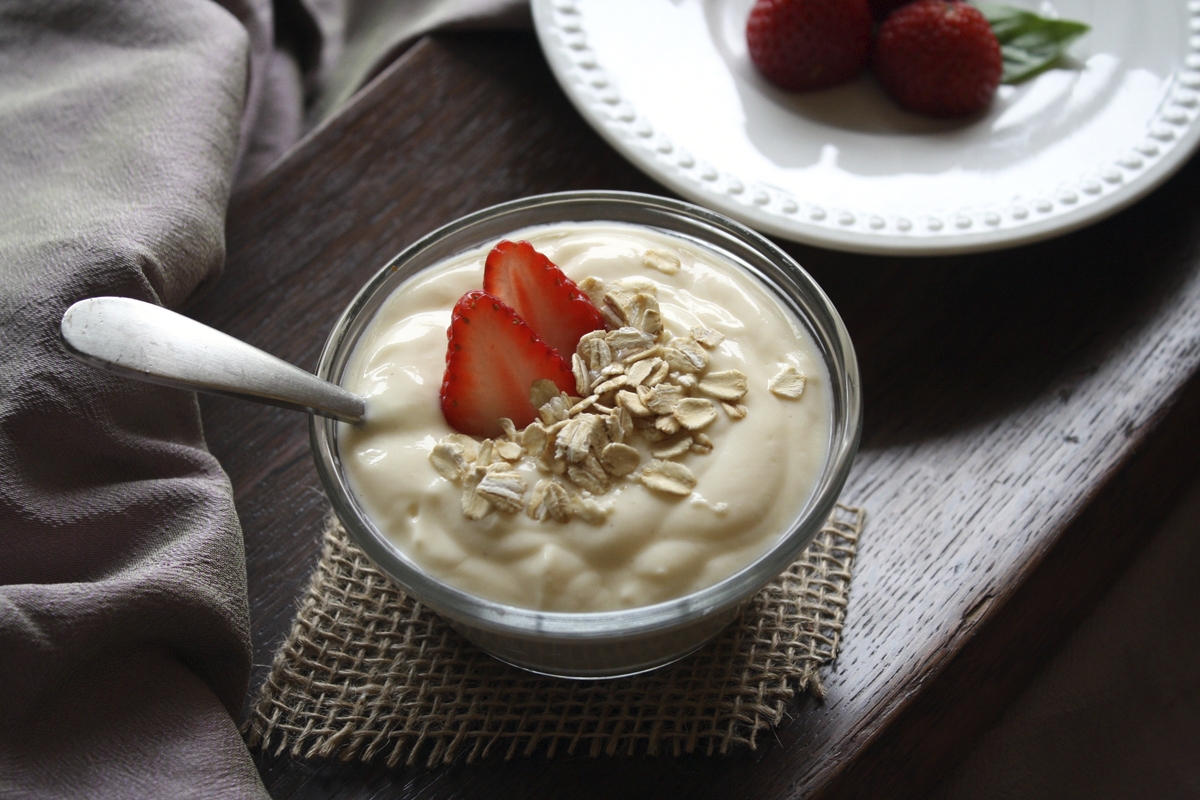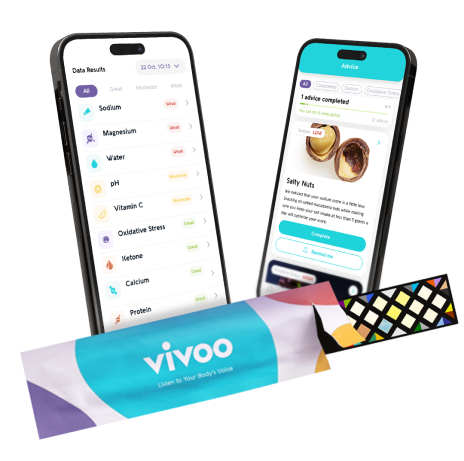The health of your urinary tract health can be influenced by harmful bacteria that enter the bladder and urethra through sexual activity, poor hygiene, kidney stones, and insufficient estrogen levels in a woman's uterine lining.
Probiotics are live microorganisms that benefit your health when you eat them in appropriate amounts. Most probiotics are good bacteria. For example, double-blind clinical studies have found that a strain of yeast called Saccharomyces boulardii is an effective probiotic. Other common probiotic bacteria include Lactobacillus and Bifidobacterium. Foods that are rich in these bacteria can support the health of your urinary tract. Fermented foods and drinks like yogurt, tempeh, kombucha, and kefir all contain a variety of probiotics that benefit your body.
The Effect of Probiotics on Urinary Tract Health
Some probiotic microorganisms can improve physicochemical conditions, such as when they modulate intestinal bacterial metabolism and enzymes. There is growing evidence that certain species and strains of probiotics that are present in the urinary tract can protect against potential health problems.
Probiotics also influence the formation of immunoglobulins and thus modify the body's immune system. They can also contribute to a specific immune response that helps the urinary tract protect against bacteria that cause certain kinds of diseases or infections.
For example, some research suggests that a group of probiotics called lactobacilli can help treat and prevent urinary tract health issues.
In summary, probiotics protect the urinary tract against different health problems in the following ways:
1) By preventing harmful bacteria from attaching to cells in the urinary tract.
2) By producing powerful antibacterial substances in the urine.
3) By maintaining the urine pH to make conditions less favorable for bacteria.

Probiotic Foods and Their Effects
Some of the most common fermented foods that naturally contain or have probiotics added to them include yogurt, kefir, kombucha, sauerkraut, pickles, miso, tempeh, and kimchi, sourdough bread, and some aged cheeses like cheddar, gouda, and mozzarella.
Let's take a look at some of these foods and their effects:
Yogurt
Yogurt is a great probiotic food because it has an appealing taste and texture. It is produced from milk that has been fermented by probiotics, mainly lactic acid bacteria and bifidobacteria. The number and type of bacterial species differ depending on the brand of yogurt. You can pay more for brands with specific probiotics, but be sure to choose yogurt that has "live” or “active” cultures to get the most benefit.
Kefir
Kefir is a fermented probiotic milk drink. It is produced by combining kefir grains with cow or goat milk. Kefir is a rich and diverse source of probiotics that help balance the gut microbiome.

Kombucha
Kombucha is a fermented tea that is high in tea polyphenols and acetic acid that has been proven to suppress the growth of unwanted bacteria.
Sauerkraut
Sauerkraut is a type of fermented cabbage with nutritional and health benefits that far exceed the benefits of fresh cabbage. The probiotics found in sauerkraut can help improve the bacterial balance in your gut, helping create a healthy gut lining.
Tempeh
Tempeh is a fermented soy product that is a popular plant-based substitute for meat. Tempeh is usually made from fermented soybeans, wheat, or both. The microflora living in tempeh forms a protective layer in the intestine and protects it against pathogens like salmonella and E. coli. Eating tempeh can increase your antibodies and strengthen your immune system. However, if you have a soy allergy, you should avoid tempeh. Those with impaired thyroid function should also limit the amount of tempeh in their diet.
Kimchi
Kimchi is a traditional Korean dish made from salted fermented vegetables. It is usually made using cabbage, sugar, salt, onions, garlic, ginger, and red pepper. A specific strain of Lactobacillus found in kimchi may boost the immune system, making it a great food to protect the health of your urinary tract.






